Blog
17 sustainable development goals for a better world - SDG 1: No Poverty
28 September 2021 - Socrate Georgiades
Since 2015, the United Nations (UN) has defined 17 Sustainable Development Goals to improve the life of all the people living on Earth and promote prosperity while protecting the planet for a better and more sustainable future. These SDG are a call for action by all of us, citizens, companies, institutions & governments. Poverty, climate change, inequality, justice, let’s see how goal after goal, we can draw up an inventory of Indonesia. And see how each of us, on our scale, including as a traveler visiting Indonesia, can contribute to advancing the goals of these global challenges until 2030.
SDG 1: No Poverty.
To start, let's locate Indonesia, the fourth largest country by population, compared to the rest of the world.
The Human Development Index (HDI defined by the United Nations Program of Development, a calculation based on health and longevity, knowledge and education, gross revenue in parity of purchasing power) is at 0.707. It is lower than the world’s average (0.731) and is situated at the 146th position among 228 countries (in 2018).Life expectancy is up to 71.5 years (164th world’s position) and the child mortality rate is 23 (162th position).
Wealth and labor are unevenly distributed in Indonesia. Most of the jobs are concentrated on the island of Java (especially in the west part), Bali is blessed with tourism activity and a minimal portion is left for Lesser Sunda islands at the east of Bali (Lombok, Sumba, Timor…) and Papua. The Indonesian minimum income (rarely abide by, unfortunately) gets up to 2.4 and 3.1 million rupiahs according to the provinces in 2021, that is 167 to 216 dollars per month. Knowing that the poverty line fixed by the United Nations is 57 dollars per month (1.9 dollars per day and per person), a quick calculation allows us to see that one minimal wage in a family of 4 puts them in extreme poverty (1.4 to 1.9 dollar/day/person). This is why 8% of the workers in the world and their families live in extreme poverty and struggle to fulfill their basics need. This is also the reason why countries with low-wage developing countries such as China, Indonesia, India, and Nigeria house half of the people living below the international poverty line.
Under the presidency of Jokowi was put in place a system of health protection called BPJS who benefits a majority of Indonesians who so far didn’t have any access to health care. This BPJS was put in place without increasing hospital capacity. As a result, hospitals were seriously overwhelmed by the influx of patients and secondly, the range of illnesses covered by this health system has been reduced, partly for chronic diseases.
School is officially free, but the uniform is compulsory and charged. To be able to move up to the next grade, it is sometimes needed to pay professors, a scale exists depending on the regions, so many hundreds of thousands of rupiah per point to catch up. Most wealthy Indonesians put their children in private schools that are often denominational. The most affluent send their children to university in Australia or other countries in the world. Access to University is not free, medical studies are among the most expensive, 500 million rupiahs (about 35.000 dollars) for the first year. The wealthy Indonesians do not trust their doctors, and the most affluent ones go to Singapore or Malaysia to get treatment. We find a lot of orphanages in Indonesia but less than 10% of the children have no parents. Orphan « hunters » promise to the parents, sometimes in exchange for money, a better future for their kids in an orphanage in Bali or Java. The cause of orphans generating a lot of donations has become a way for unscrupulous people to get richer.
Globally, the poverty situation is improving in Indonesia as in the rest of the world, it went from 36% to 10% between 1990 and 2015. Of course, the Covid-19 pandemic affected the archipelago and especially Bali, which lives only on tourism and whose borders are closed for more than a year and a half. It was observed that the Balinese who lost their jobs has returned to their villages with their families and had enough to eat. They are also benefiting from some aids from their villages and sometimes from the major political party PDIP. It was mentioned in the news that an emergency aid of 600.000 rupiahs (42 dollars) would be donated, but very few Balinese received it and none of those called pendatang (immigrants from other islands). The pendatang (mainly Javanese, from Lombok and small eastern islands such as Sumba or Alor) didn’t benefit from any aids, expect from the charity of some NGOs, individuals and companies. Some didn’t have enough money to return to their islands. Indonesia is regularly hit by natural disasters (tsunamis, earthquakes, volcanic eruptions) which have an impact on poverty. Emergency rescue is quite well established but no real support is provided to the victims to help to find a new job and a new decent accommodation. It is often faith-based associations, Muslim or Christian, that assist disaster victims.
In conclusion, it can be argued that the economic development of the past few years in Indonesia has contributed to the rise in the standard of living and the reduction of poverty, but a large part of the population still works in the informal economy (small street vendors, ragpickers, motorcycle cabs…). This has prevented for example a very strict lockdown in this pandemic period.
Some tips for travelers to reduce poverty in Indonesia?
-
Abandon international hotel chains to the profit of guest houses
-
Engage as much as possible with small street vendors and all independents’ workers
-
Promote small restaurants (warungs) or eat in pasar malam (night market)
-
Take advantage of your vacation to discover areas ignored by mass tourism
-
Choose local tourism agencies with specific and attested sustainable commitments
-
Participate in sustainable development actions implemented by local NGOs during your trip





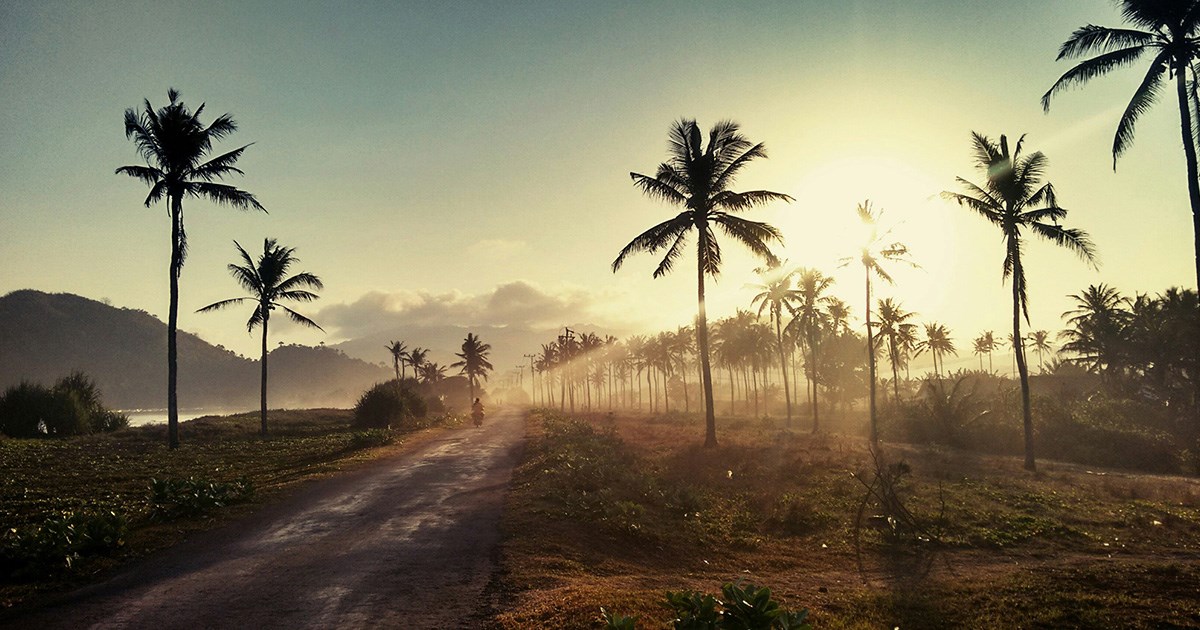

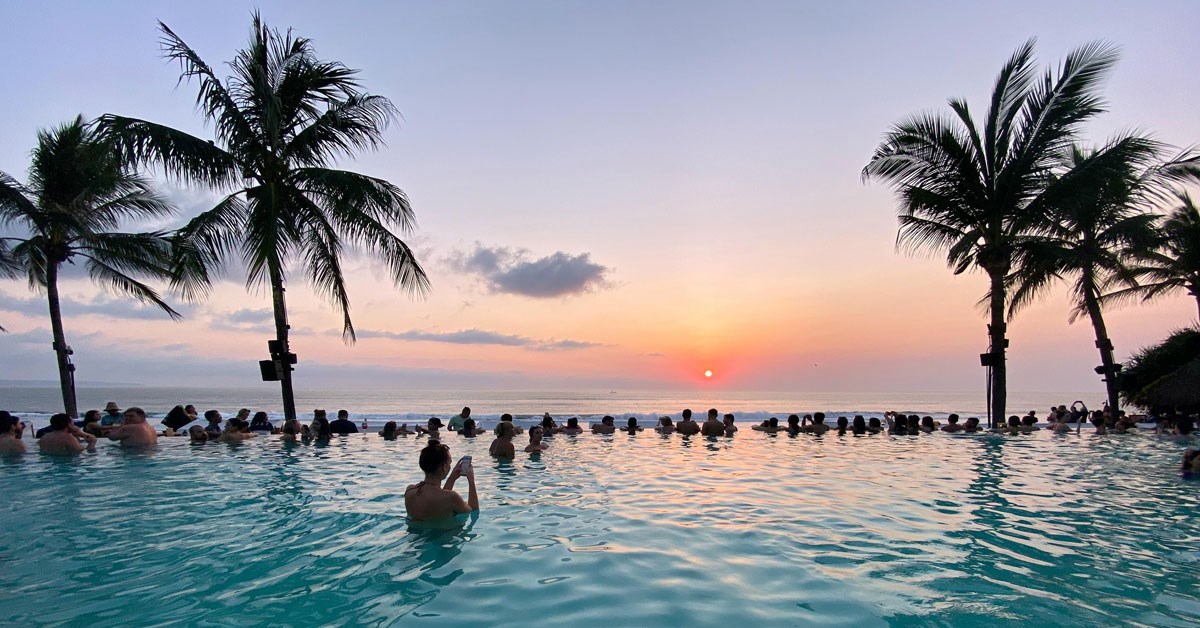
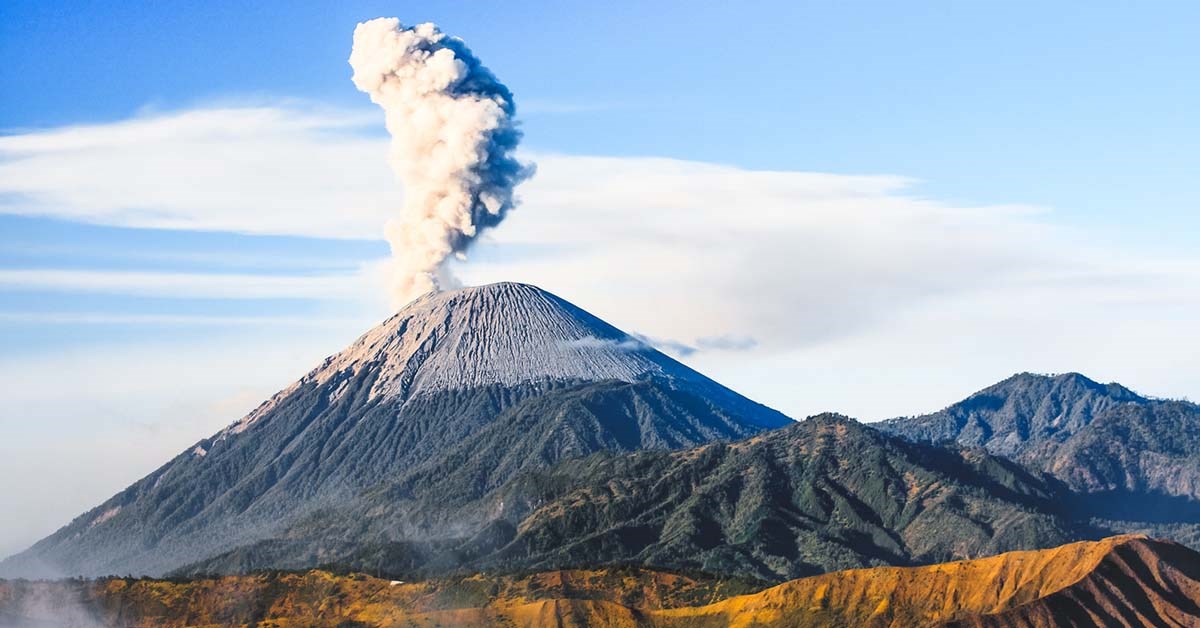

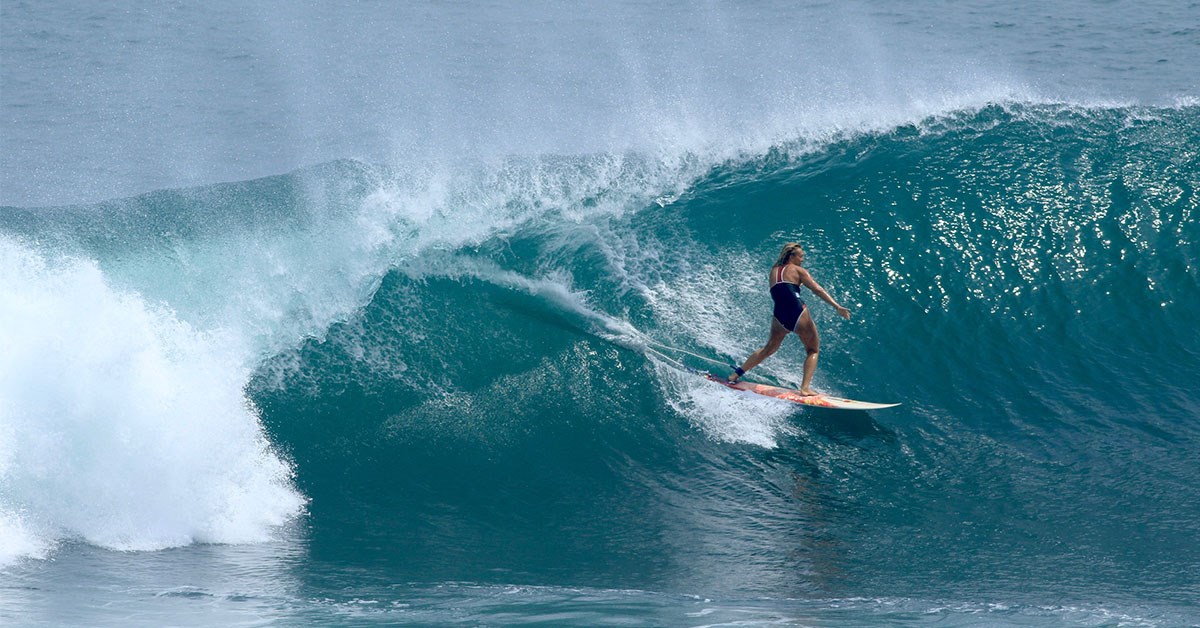
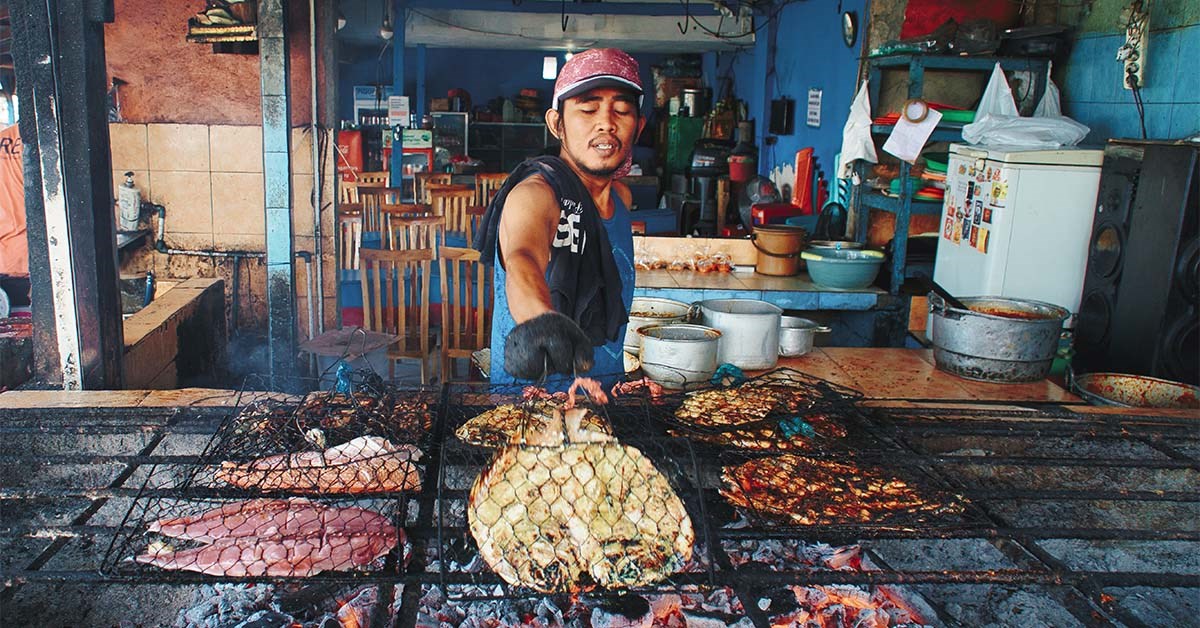
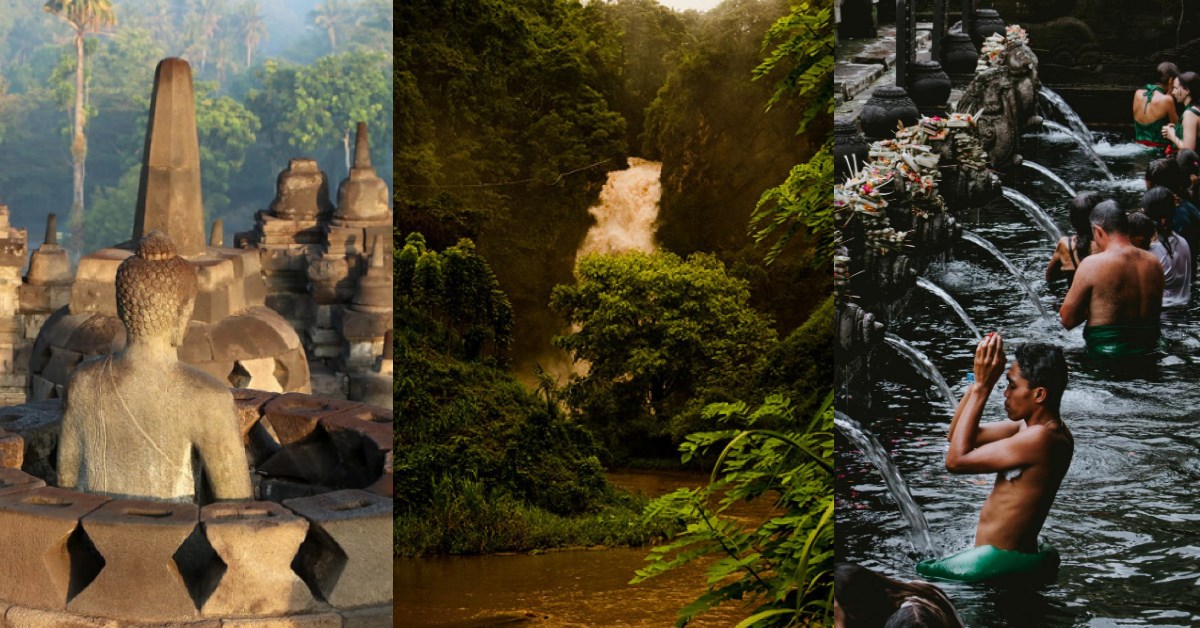
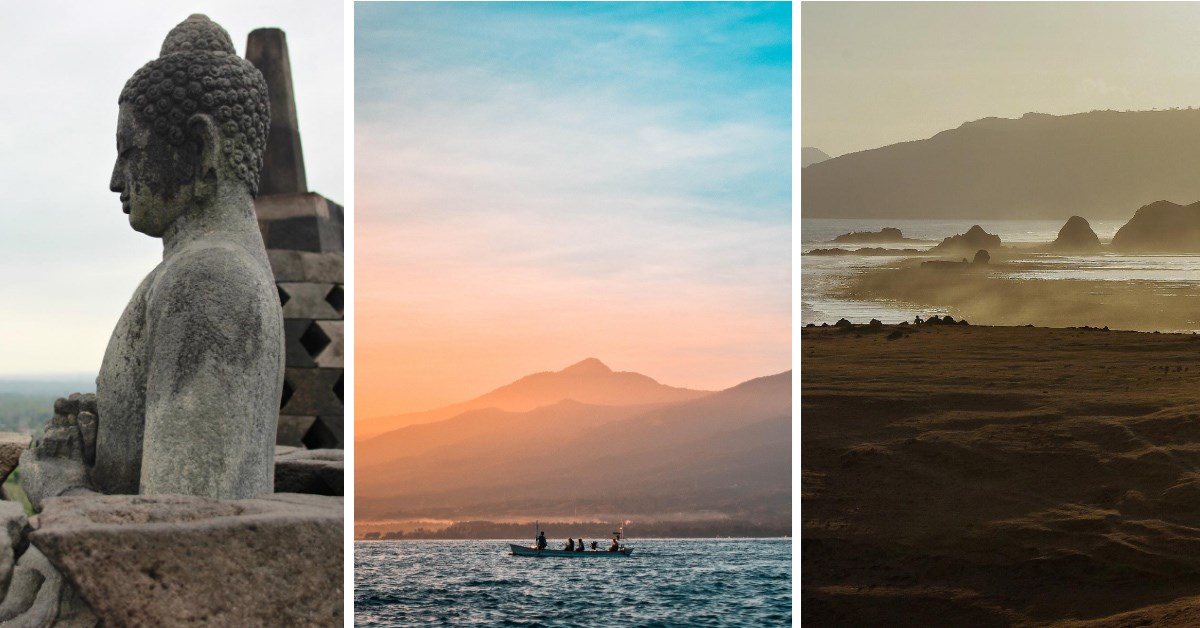
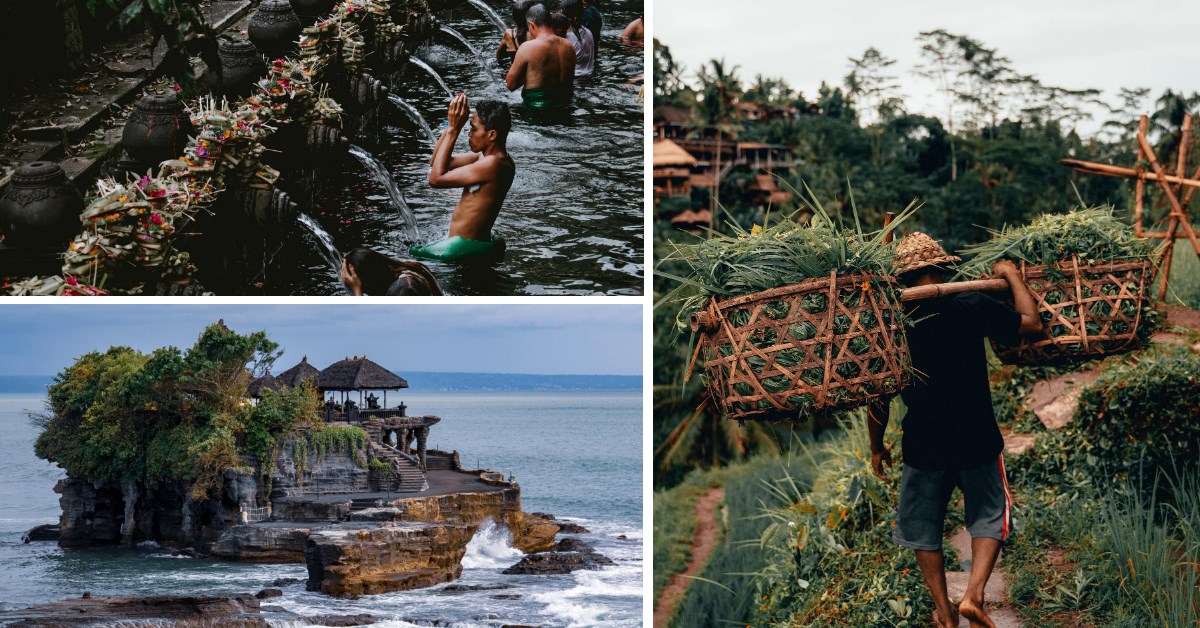
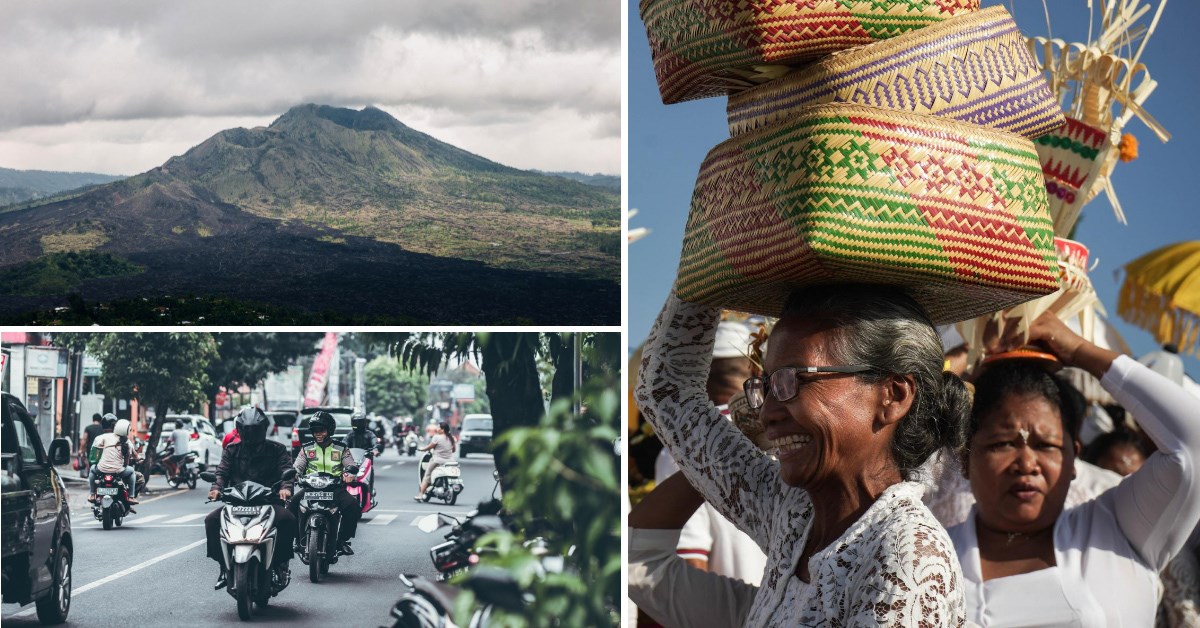
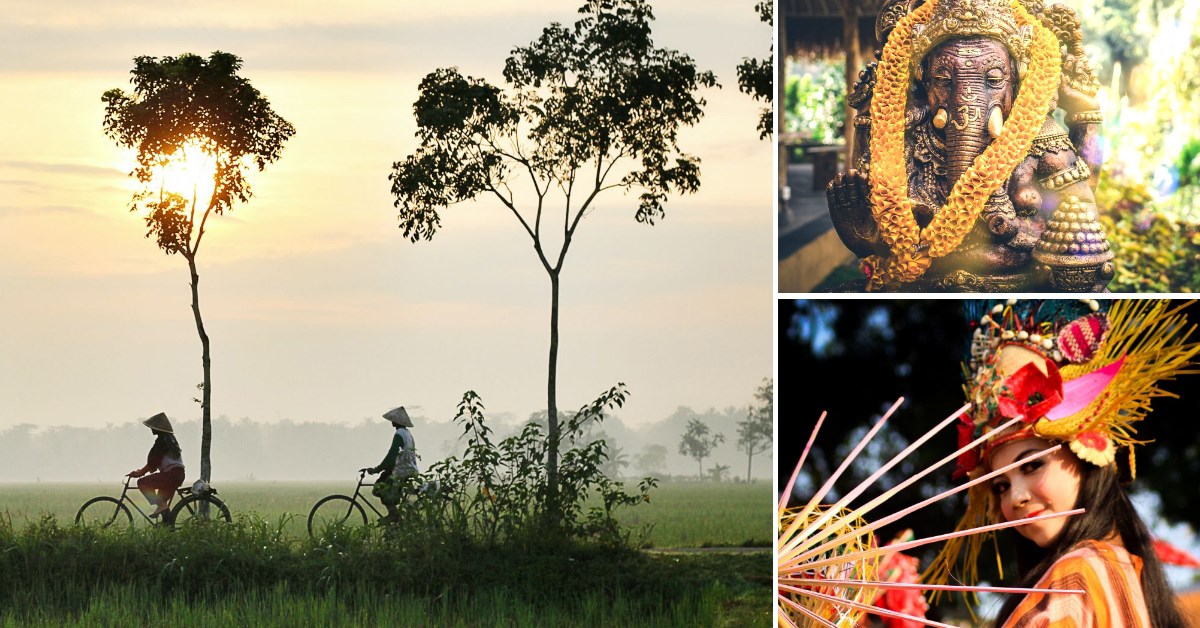


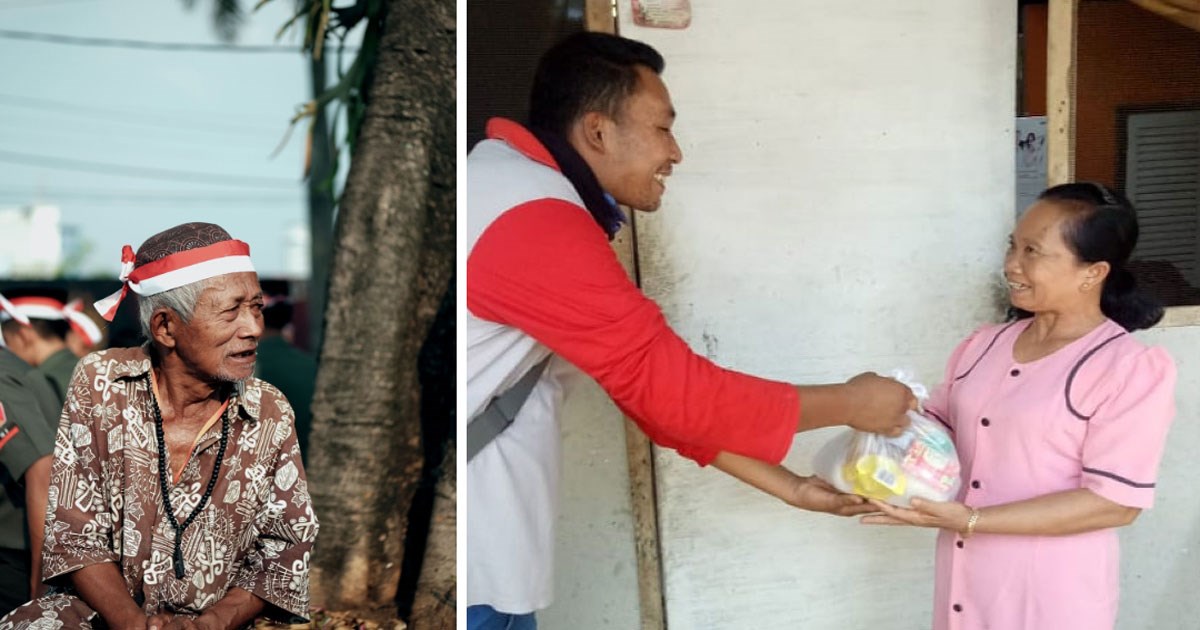
Be the first to leave a review